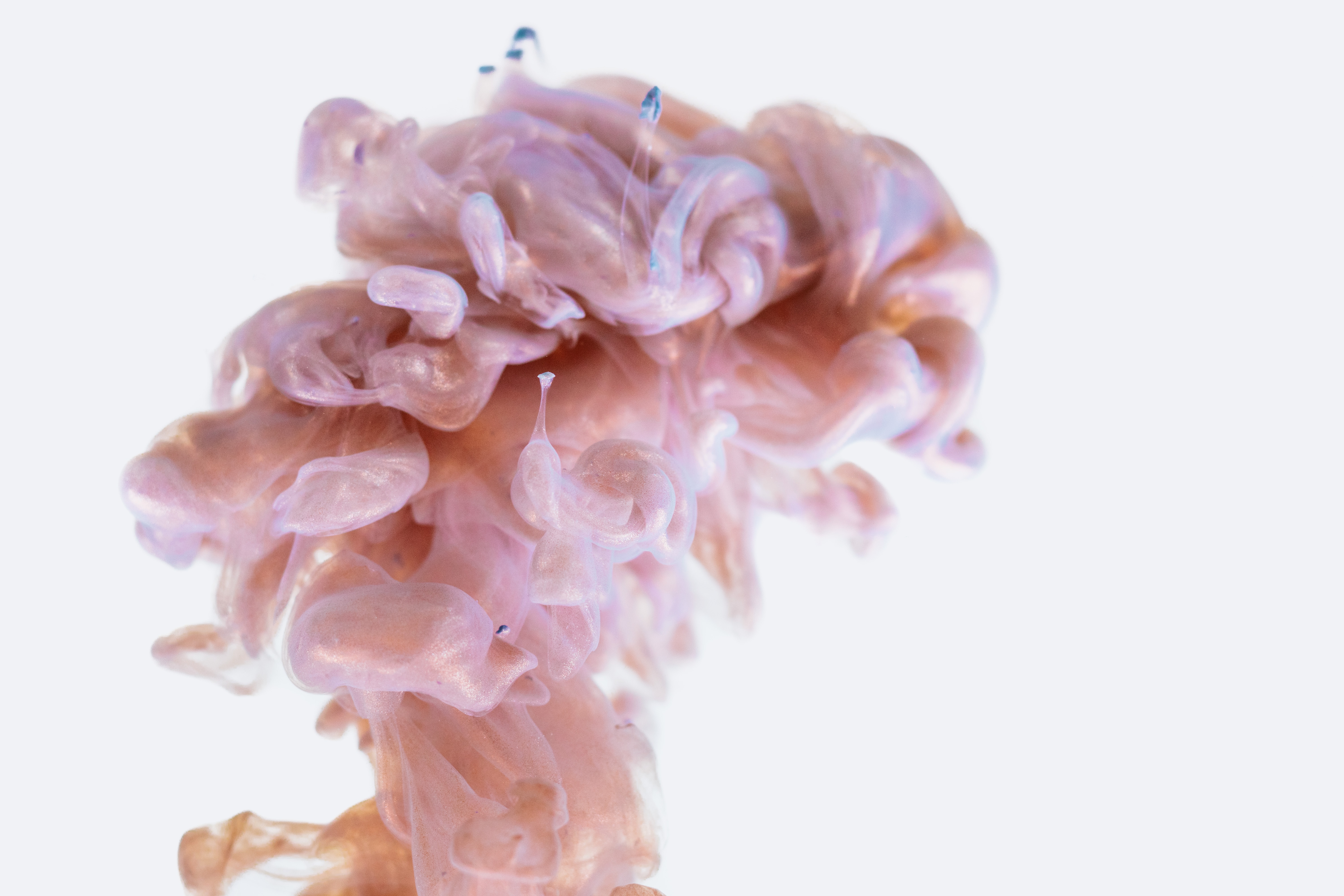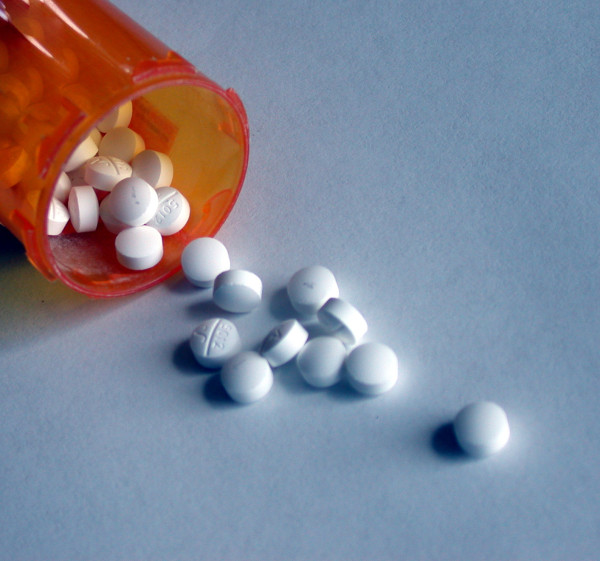This piece was originally published on The Spinoff by Naomii Seah.
The relationship between drug use and its impacts on mental health – and vice versa – is complex. Below, four people chat about how their mental health and drug use impact each other.
According to the Drug Foundation, almost half of New Zealand’s adult population will use illicit recreational drugs at some point in their lives. Even more of us – 93%, as a close estimate – will try alcohol, with almost 20% drinking in a hazardous way. Cannabis, the most commonly used illegal drug in New Zealand, is used by 15% of the adult population, with usage highest for Māori, young people and those in lower socioeconomic brackets.
At the same time, public health statistics show that almost one in four young New Zealanders – that is, those aged 15-24 – characterise themselves as having experienced “high” or “very high” levels of psychological distress. Those same patterns of overrepresentations hold true here too, with Māori adults and youth most likely to report poor mental wellbeing.
While the relationship between mental health and drug use behaviours is a complex one – and one where correlation certainly can’t be seen to equal causation in either direction – it’s clear that the two data sets have a notable overlap. And while research tells us that the majority of drug use in Aotearoa isn’t classed as harmful use, addiction and substance use disorders are commonly comorbid with other mental health conditions such as depression and anxiety.
Drugs that are used to treat some mental health disorders, such as Ritalin and Xanax, have known recreational markets. They can also be highly addictive. Drugs can both alleviate symptoms of mental health issues and be used to treat them or can substantially worsen mental health outcomes. Some people who are unable to access prescription medications may choose to self-medicate using illicit drugs, while poor mental health can also make risky drug taking behaviours more likely.
In the case of cannabis, our most commonly consumed illicit drug, studies have shown that smoking cannabis can both benefit and harm an individual’s mental health.
One literature review of available evidence found that cannabis may be a potential treatment for seasonal affective disorder (SAD) and PTSD. Cannabis has also been known to alleviate symptoms of other mental health conditions such as anorexia, anxiety and ADHD. On the other hand, heavy cannabis use has also been linked to marijuana reliance, and can create negative long-term effects.
The relationship between drug use and mental health, then, is nebulous. Research in the field is ongoing, and experiences among users vary widely. Below, four people from Aotearoa New Zealand share their experiences of drug use, and how it’s interacted with their mental health.

James
James wouldn’t consider himself a particularly heavy drug user. He’s only ever experimented with cannabis, and says “I’m happy with that”.
Still, James says that during the second of many lockdowns in Auckland, when he was feeling particularly isolated, he noticed a marked uptake in his smoking behaviour. At this time, James had also recently moved from home into a flat, where everyone smoked weed regularly. “[My flatmates] changed my mindset around what was OK and what wasn’t,” he says.
Looking back, James believes he probably had been reliant on weed during the pandemic as a form of stress relief. In the aftermath of this, while he’s no longer as isolated, James still feels the urge to smoke whenever he’s feeling particularly stressed: “I turn to weed as my outlet as that’s what I picked up through Covid.”
Now, as part of a wider effort to improve his mental health, James is keeping an eye on his cannabis use – but it’s not something he wants to give up completely. For him, smoking has provided an “escape from having to deal with negative emotions”.
“I want to reach the point where [smoking] is something social. Or if it’s something I do by myself, I want it to be a reward, something I feel I have control over.”
James says he’s close to reaching that goal. Currently, he’s got an agreement with his flatmate to keep an eye on his weed use, and he’s been picking up other hobbies like listening to podcasts and learning to crochet, which have helped him use his time in ways other than smoking.
D
“I was prescribed Xanax by my doctor. I fucking loved it. It made all my anxieties go away… I wanted that feeling all the time.”
When D* was prescribed Xanax, a type of benzodiazepine (benzo) he was only 12 or 13, and battling anxiety and depression. At the time, D was being bullied at school, leading to “behavioural problems” at home. He was also struggling with undiagnosed OCD which manifested as intrusive thoughts and anxiety. Being prescribed benzos gave him relief from these symptoms, but D says it wasn’t long before he began abusing the medication.
“When I was given benzos, I was like: “Oh this is great, I love it. I’ll have more and more, because it makes me better and better.””
In the years after the initial prescription, D became reliant on drug use. During this period, he bounced around different schools, and he developed PTSD, which worsened his reliance on benzos and other drugs.
While addicted, D said his problems were coming “thicker and faster”, but he didn’t realise it because of an “illusion that [drugs] were making my life better”.
Even after D was sent to rehab, he didn’t believe he had an issue with drugs. It took a month until that realisation hit. “That’s how much denial I was in – I just thought what I was doing was normal,” he says. “To me, it wasn’t bad.”
Three or four years into recovery, D finally got a diagnosis for his OCD, and now takes medication to help him regulate his underlying mental health issues. As for drugs and alcohol, D says he doubts he’ll ever have a positive relationship with them, so he avoids them altogether.
“I don’t think some of the underlying impulsivity and addictive personality traits I have are miraculously gone. I think what’s happened is I’ve got more time in recovery, and I function better because I am not on drugs. I don’t think drugs would enhance me in any way at this time and place.”
With the right help at the right time, D has now managed to stay away from his addictions for six years now. D still participates in an ongoing NA programme. He has a sponsor, and attends meetings; building this strong support network means “I have a good basis for my mental health.” He says his mental health is now “the best it’s ever been.”
Thomas
In what might almost be called a rite of passage for young New Zealanders, Thomas* said he first smoked weed out of an apple at a party. He said he didn’t feel much the first time, but gradually increased his usage smoking with his brother.
Thomas also suffers from generalised anxiety disorder. He says it’s been worse the past two years, but he’s always had strong anxiety. He describes that anxiety as manifesting in “really, really bad acid reflux”.
At times, his anxiety is exacerbated by weed use, which comes through not during his high, but afterward. Thomas says this pattern pushes him into cycles of using: periods of regular use followed by sober periods.
During his sober periods, Thomas says it helps to think about “how much better I’ll feel about myself tomorrow,” to stop himself from smoking weed or drinking alcohol. He has trusted friends to hold himself accountable, and finds that works well too.
Currently, Thomas is a regular recreational user, though he knows there’s a link between his mental health and his weed use. Often he will smoke with his flatmates, using it socially. He finds that smoking slows his thoughts, helping him to be more present, enjoy the moment and relax.
“If I’m sober while playing a game, I start thinking about other stuff that gets me anxious. Smoking gives me tunnel vision for what I’m doing… I’d like to believe [my weed use] isn’t a coping mechanism, but realistically it is.”
Similarly, Thomas finds himself “at times depending on alcohol to help with social anxiety. Having three or four drinks helps me feel way more charming and confident”. But that feeling wears off the next day: “I don’t like waking up and realising I wasn’t in the moment,” says Thomas. He often holds a lot of guilt around this use.
“My whole family has a bad relationship with drugs, and I don’t like myself when I do [drink and smoke].”
Eventually, he wants to stop smoking altogether, or at least dial it back significantly.
“Later on I want to have a healthier relationship with [weed] rather than having it take over a good chunk of my day… I’d say I’m pretty psychologically addicted.”
Sam
When they first tried cannabis, Sam* didn’t feel much. But a few sessions later, it became Sam’s drug of choice.
“I realised [weed] was way better than alcohol because I didn’t get hungover, and I didn’t feel like crap.”
Struggling sometimes with insomnia, Sam says smoking weed is one of the only things that helps them with going to sleep.
“I’ve actually tried stronger things, but in the end, the best one is always cannabis,” says Sam.
But they do find that when they’re already feeling anxious, smoking can amplify those feelings. “I just need to be more aware of periods of my life where I may be more anxious than usual. I would say that [my smoking and anxiety] are linked.”
Being aware of their own mental state and their own needs helps Sam to have a more positive relationship with cannabis – and they much prefer it to other prescription medications like Lorazepam, which have been prescribed to them before for sleep issues. When they are feeling anxious, Sam says they’ve learnt to rely on other methods to get to sleep; strategies they’ve learned through therapy.
“There was definitely a period of my life where I was smoking up, and my mental health was already shit to begin with – so it wasn’t necessarily helping things.”
Now, they mostly use weed recreationally, almost as a form of self care. Sam says they like to smoke right before bed to unwind. They like taking showers, doing chores or admin while high and they also smoke socially on occasion.
For Sam, cannabis helps them manage their insomnia and other symptoms in a way other drugs don’t. As someone who has been on a variety of medication, including antidepressants and anti-anxiety medication, Sam wishes there were cheaper ways to legally access cannabis as other drugs with similar effects such as benzodiazepines can be addictive, and tolerance to them increases quickly.
“I would much rather be using cannabis medicinally as opposed to [other drugs] because it’s been far more effective for me when used holistically, or mindfully.”

Here’s what to keep in mind when it comes to drugs and mental health:
- Check in with your state of mind before taking drugs. The Level’s Phil Glaser says that if you’re feeling anxious, depressed or paranoid, many drugs can make that worse or more intense. Read more on The Level.
- If you’re taking medication for your mental health, it’s a good idea to talk to your doctor or psychiatrist about how these could interact with any drugs you’re planning to take.
- If you’re self-medicating with drugs, be mindful of your use. If you’re noticing you’re needing more of a drug to get an effect, or you feel reliant on it to get through the day, it could be worth talking to a health professional about your use. There may be prescription drugs that could help, with fewer side effects or addiction potential. The Level has some tips to help you evaluate how your drug use is impacting you.
* Names have been changed, otherwise first names only have been used in the interests of privacy.



